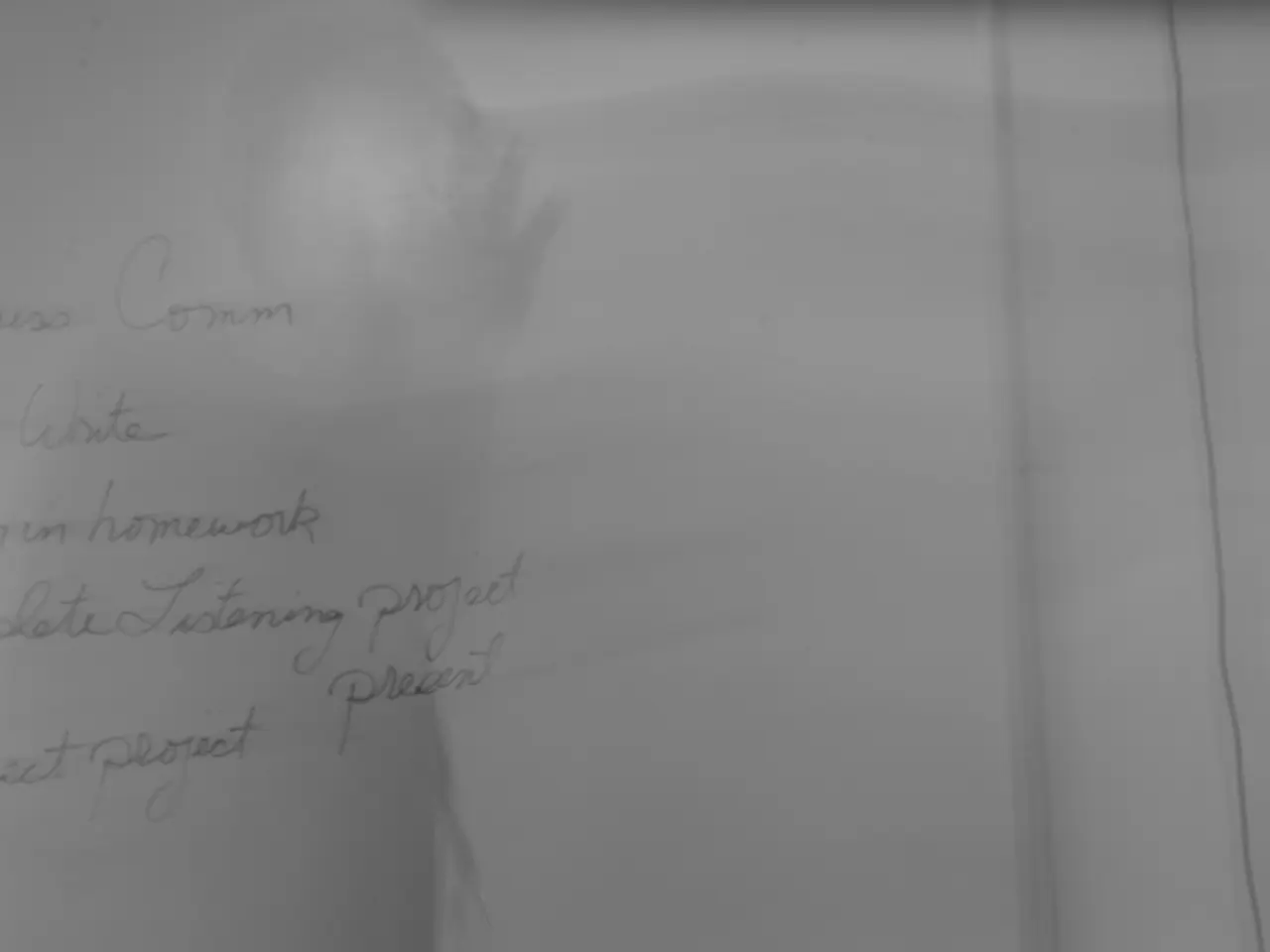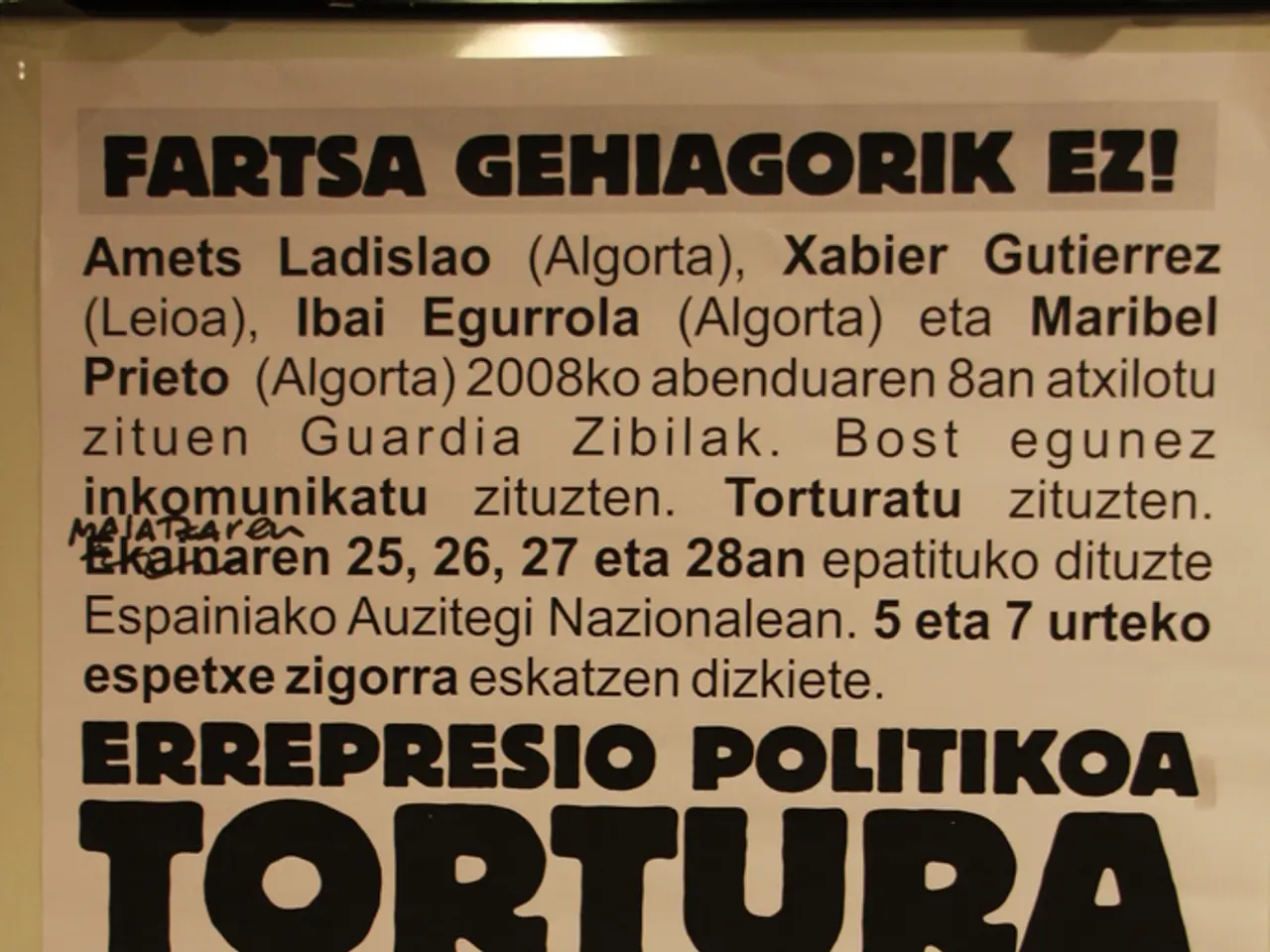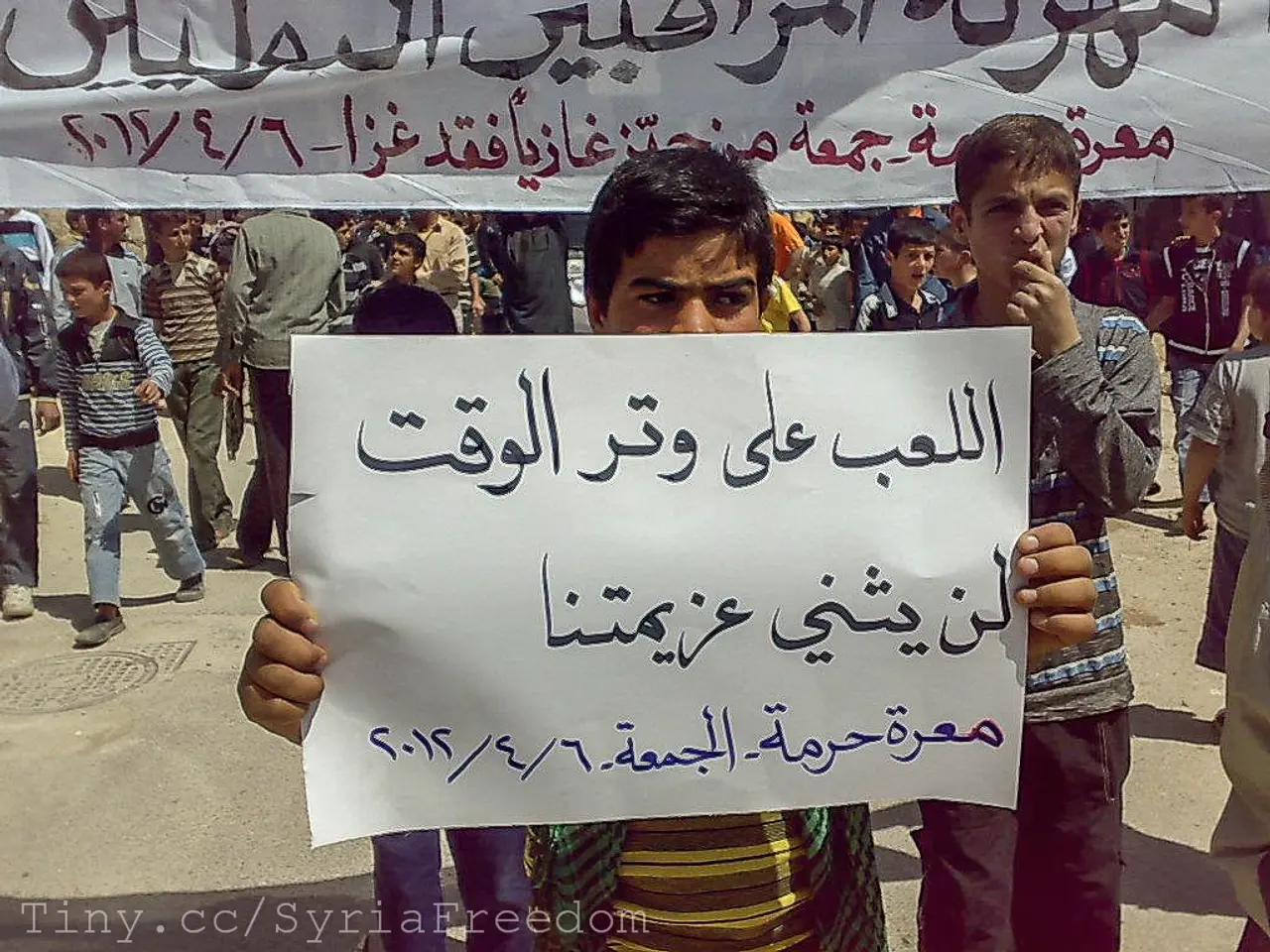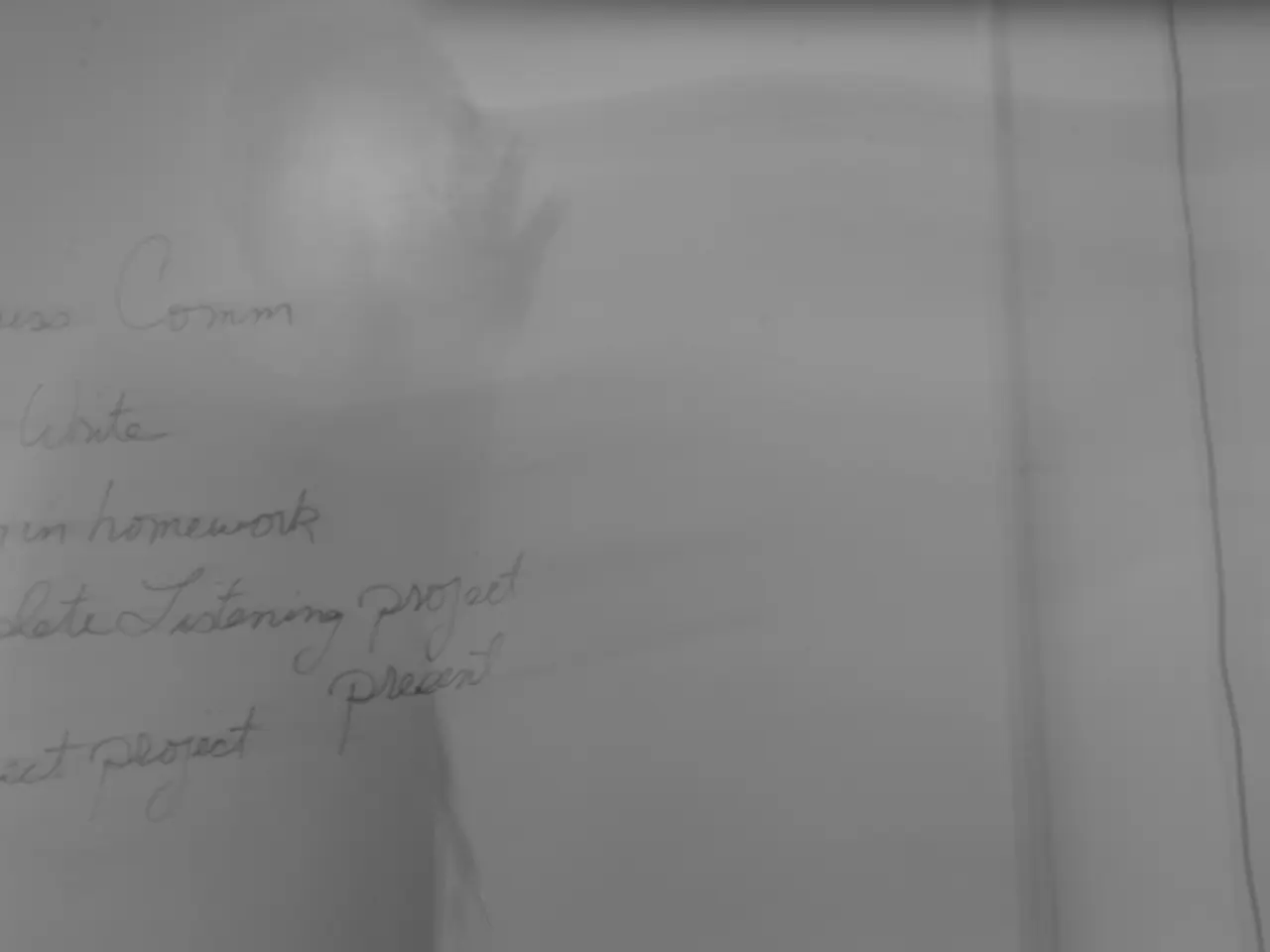Immediate Reduction in Electricity Tax Urged for Everyone on the Rhine - Rapid reduction in electricity taxes for everyone urged on the Rhine
In a recent development, Boris Rhein (CDU) and allied CDU/CSU leaders have advocated for a broader and sooner power tax reduction in Germany, aiming to extend relief to small and medium-sized enterprises (SMEs) and artisanal trades beyond the current focus on large industrial users. However, the implementation of this proposed tax cut in 2025 remains narrowly focused on large industrial consumers, as coalition budget limits and fiscal discipline commitments take precedence.
The German federal government has refined eligibility criteria for electricity tax reduction to cover operational energy consumption for manufacturing companies with at least 12.5 MWh annual use or €250 in tax liability, potentially benefiting around 600,000 enterprises. Yet, CDU/CSU leaders, including Mr. Rhein's faction, view this policy as a first step and call for further measures within the current legislative period, with a comprehensive implementation strategy and timeline still to be finalised.
Contrary to initial coalition agreement ambitions, the ruling coalition (CDU/CSU and SPD) has decided not to extend reductions beyond energy-intensive industries, keeping the tax cut limited to large industrial users who benefit from a reduction to the EU minimum rate. This policy shift reflects the coalition government's focus on fiscal discipline amid budgetary pressures, with Finance Minister Christian Lindner and coalition leaders emphasising the need to keep the 2025 federal budget narrowly targeted to avoid overspending.
As a result, the broader tax relief for households and SMEs, initially envisioned in the coalition agreement, has been postponed without a firm timeline, pending improved fiscal conditions. The coalition intends to revisit expanded electricity tax reductions within the current legislative period if budgetary leeway permits.
In light of these budgetary constraints, Mr. Rhein has suggested examining budget priorities to accommodate the power tax reduction. He has also advocated for cuts in unemployment benefits to increase financial leeway, reducing social costs in Germany, and even proposed sanctions for individuals refusing reasonable work regarding unemployment benefits. Furthermore, Mr. Rhein has proposed that some budget items may be reduced and the takeover of heating costs may be restricted to fund the power tax reduction.
The Chancellor, Friedrich Merz, has cited financial constraints as the reason for the delayed implementation of the broader power tax reduction. In the meantime, alternative measures such as reducing electricity transmission charges and eliminating the gas storage charge are planned for easing consumer energy costs by 2026.
As the situation evolves, Mr. Rhein has urged the Chancellor to devise a plan for implementing the power tax reduction, emphasising the need to focus on performance in Germany. The coalition government's decision to delay the broader power tax reduction has sparked debate and calls for a re-evaluation of budget priorities in the face of economic uncertainties and the ongoing energy crisis.
- The CDU/CSU leaders, led by Boris Rhein, are advocating for a broader implementation of the proposed power tax reduction policy, arguing that it should benefit both large industrial users and small and medium-sized enterprises (SMEs) and artisanal trades, as they believe the current policy only focuses on large industrial users. (policy-and-legislation, politics, employment policy)
- In response to calls for a broader power tax reduction, Chancellor Friedrich Merz, citing financial constraints, has stated that alternative measures such as reducing electricity transmission charges and eliminating the gas storage charge are planned for easing consumer energy costs by 2026. This decision has sparked debate and calls for a re-evaluation of budget priorities in light of the ongoing energy crisis. (general-news, politics, policy-and-legislation)







